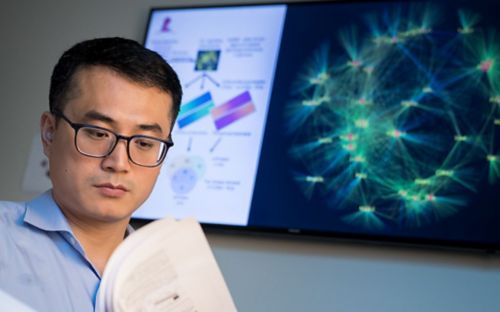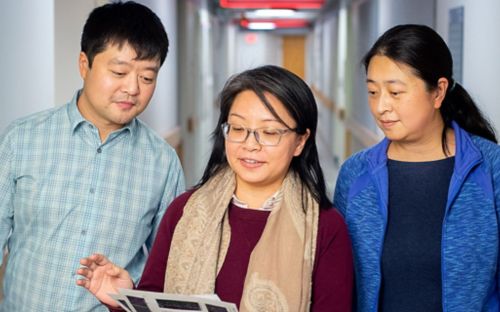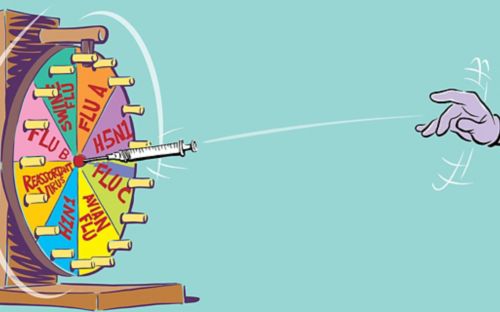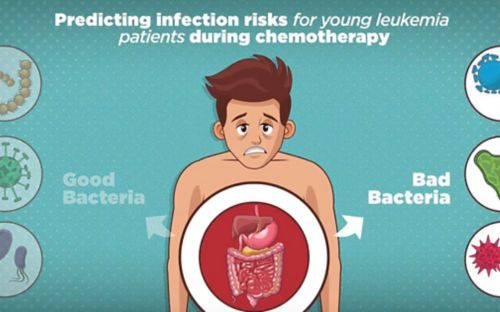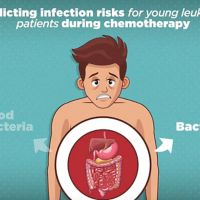St. Jude Family of Websites
Explore our cutting edge research, world-class patient care, career opportunities and more.
St. Jude Children's Research Hospital Home

- Fundraising
St. Jude Family of Websites
Explore our cutting edge research, world-class patient care, career opportunities and more.
St. Jude Children's Research Hospital Home

- Fundraising
Research
Learn about published research as well as leading-edge basic and translational research initiatives from St. Jude laboratories.
Medulloblastoma and microirradiation: Tiny treatments for the most common malignant pediatric brain tumor
Medulloblastoma may soon be treated by a microirradiator - a machine the size of two refrigerators that beams radiation down to half the width of a credit card.
Translational research: Finding the connection between what we do and who we help
It's a rare day you get to see translational research benefit others—I've spoken to cancer patients and seen first-hand how research saves children's lives.
Computational algorithm fix restores power to research
A computational algorithm helps analyze large data sets at the expense of computing power. This small fix to a free program brings big data back to small labs.
Neural development: Unlikely partners work together to make your brain: when they don’t get along, it could lead to rare and devastating disease
In neural development, two essential molecules partner to build the human brain — but when things go awry, it could lead to brain cancer.
Learn the basics of CAR T-cell therapy and how it is being used in the SJCAR19 clinical trial at St. Jude
Learn the basics of CAR T-cell immunotherapy and how it is being used in the SJCAR19 clinical trial for acute lymphoblastic leukemia.
A moving target: Taking aim at the shift and drift of influenza viruses
How close are we to a flu pandemic? Read how it could happen and what researchers are doing to prevent it.
Blazing through new territory to fight a devastating neurodegenerative disease
Read how researchers have found a path to control coenzyme A and possibly prevent a devastating neurodegenerative disease.
Can obesity give influenza more time to spread and make vaccines less effective?
St. Jude researchers, led by Dr. Stacey Schultz-Cherry, are asking questions about potential association between flu severity and the obesity epidemic.
Gut microbiome sequencing opens new possibilities for predicting infection in leukemia patients
Researchers identify intestinal microbiota that may predict infection risk during chemotherapy in pediatric ALL patients. Learn about the gut microbiome.
New drug for a rare disorder: How will Gamifant’s approval affect HLH treatment?
HLH, a rare disorder of the immune system, is caused by a buildup of proteins responding to infection. Read about a new treatment that limits that buildup.




